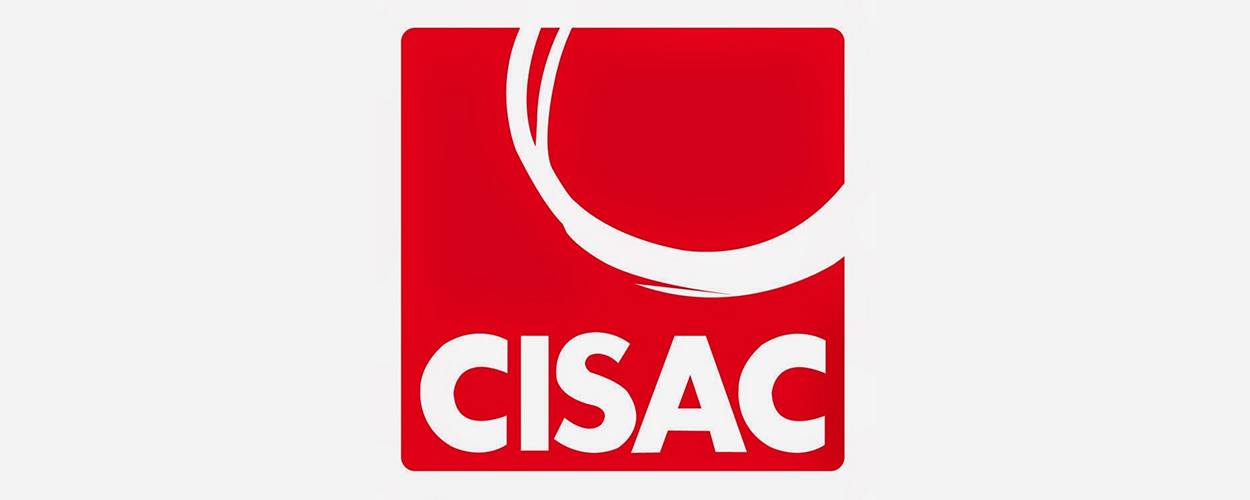This website uses cookies so that we can provide you with the best user experience possible. Cookie information is stored in your browser and performs functions such as recognising you when you return to our website and helping our team to understand which sections of the website you find most interesting and useful.
Artist News Business News Industry People Labels & Publishers Top Stories
CISAC calls for global government support for the creative community during the COVID-19 crisis
By Chris Cooke | Published on Tuesday 24 March 2020

As artist and music communities everywhere continue to deal with the COVID-19 crisis – and the virtual shutdown of the live entertainment industry – CISAC, which brings together songwriter and other collecting societies from across the world, has put out a global call to governments to help creators survive the months ahead.
Many people in the music industry were immediately hit when venues started to close and festivals cancel as measures were put in place to restrict and delay the spread of the coronavirus in an increasing number of countries.
A significant portion of the artist and music community rely heavily on live activity to make a living from music. Meanwhile, other strands of the business are now also being affected, including retail, physical distribution, studio work and music teaching.
On top of that, a substantial number of people in the music industry are freelance and self-employed, which creates extra challenges. In the UK, of course, most of the government measures announced so far to help people deal with the COVID-19 crisis have been focused on businesses and those in formal employment. Although it is hoped that extra measures to specifically support freelancers are now incoming.
Nevertheless, significant challenges remain for the music and wider creative community on a global basis. In an open letter, the President and VPs of CISAC wrote yesterday: “The coronavirus crisis is posing an unprecedented threat, on a global scale, to a generation of people who make a living and a profession as creators”.
The letter, they went on, was a “call for action by governments on a global scale to help creators survive the current crisis and eventually help lead it to recovery”.
“Creators of music, audio-visual works, visual arts, drama and literature are the backbone of national cultures and of economies”, it continued. “Even now, it is their creative works which are everywhere helping and connecting millions of people who are having to endure a life of quarantine. But creators are in a uniquely fragile position”.
“The large majority of them are self-employed and dependent on royalties paid by authors societies. Today, and in the coming weeks and months, creators will be among the worst affected by the crisis”.
“Authors societies are doing their best, maintaining royalty distributions and using emergency social funds where possible. However, CISAC members from across the world, are reporting a collapse of cultural and entertainment activity, affecting concerts, festivals, exhibitions and all the main platforms where creative works are used”.
“Creators are by nature self-motivated entrepreneurs and will be an enormously positive force in helping drive the economic recovery in the future. But they urgently need rescue measures now, and only the lever of government policy will have the impact required”.
Some governments have put in place measures to support freelancers in general and/or the creative community in particular. As the CISAC letter notes. “Several governments”, it says, “such as France, have acted, for example with emergency funding for creative sectors; others such as Argentina, Chile and Peru, have already identified protection for the creators (for example via tax and social security concessions and emergency payments) as a priority”.
Such an approach is needed everywhere, the letter continues: “It is imperative that governments in all countries act for creators now and ensure the highest level of support possible. We thank you for your support and for understanding the vital importance of creators in the future of our culture and society”.
Beyond government schemes, numerous music industry organisations around the world are now offering support of various kinds to those most affected in the music community by the COVID-19 crisis. In some cases that includes financial support. The biggest initiative of that kind to date was announced yesterday by German collecting society GEMA which has set aside 40 million euros for an emergency relief fund.
In the UK the Musicians Union has already announced a £1 million fund for MU members facing “genuine and pressing hardship”, while in the US MusiCares – the charitable foundation of the Recording Academy – has set up a $2 million fund to support those in the music community in the greatest need.
Meanwhile online, of course, there have been numerous events and initiatives seeking to raise money to support both artists and other grassroots music organisations.
Last week Bandcamp helped put the spotlight on the role each artist’s direct-to-fan channels can play at this time by announcing it wouldn’t charge its commission on any sales that took place last Friday. That helped motivate a flurry of fan purchases. The D2F company says that on a typical Friday fans buy about 47,000 items on its platform, whereas last Friday nearly 800,000 things were bought, generating $4.3 million in sales.
It remains to be seen quite how long the strict measures to combat COVID-19 are in place and how many weeks or months it will be before the music industry can seek to return to normality. But the longer it lasts, the more important substantial government support will become to ensure the music and wider creative industries can survive the crisis and rebuild and resurge once it is over.





